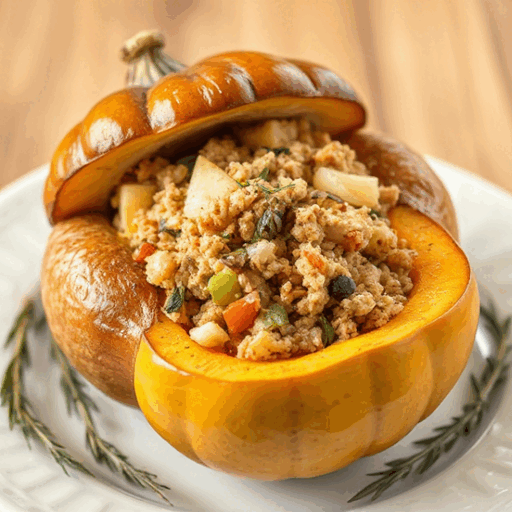What are the Collagen-rich foods?
Collagen is a body-produced fibrillar protein that gives elasticity and…

Proper nutrition isn’t just about eating enough calories—it’s about getting the essential vitamins and minerals your body needs to thrive. Here’s a closer look at four key nutrients, their benefits, and the best foods to include in your diet to keep your body functioning at its best.
Vitamin B12
Key Benefits:
Red Blood Cell Production: Supports oxygen transport and prevents anemia.
Nerve Function: Maintains healthy nerves and reduces tingling or numbness.
Energy Metabolism: Converts food into energy, reducing fatigue and boosting stamina.
Foods High in Vitamin B12:
Grass-fed Beef: Rich in protein and essential B vitamins.
Salmon: Provides heart-healthy omega-3s along with B12.
Sardines: Nutrient-dense and packed with healthy fats.
Eggs: A versatile source of protein and vitamins.
Pro Tip: If you follow a vegetarian or vegan diet, consider fortified plant-based options or B12 supplements.
Vitamin K
Key Benefits:
Blood Clotting: Helps wounds heal properly by enabling blood coagulation.
Bone Metabolism: Strengthens bones and reduces fracture risk.
Heart Health: Prevents calcium buildup in arteries, promoting cardiovascular health.
Foods High in Vitamin K:
Kale: A nutrient powerhouse loaded with antioxidants.
Spinach: Supports bone and eye health while boosting immunity.
Broccoli: Rich in fiber and anti-inflammatory compounds.
Brussels Sprouts: Promotes digestion and detoxification.
Pro Tip: Pair vitamin K-rich foods with healthy fats (like olive oil) for better absorption.
Iron
Key Benefits:
Carries Oxygen in the Blood: Prevents anemia and supports overall energy levels.
Reduces Fatigue: Plays a key role in maintaining focus and stamina.
Immune Support: Strengthens the immune system to fight off infections.
Foods High in Iron:
Beef Liver: One of the most concentrated sources of iron.
Spinach: High in iron and vitamin C, which boosts absorption.
Pumpkin Seeds: A plant-based iron source packed with magnesium.
Lentils: High in fiber, protein, and non-heme iron.
Pro Tip: Pair iron-rich foods with vitamin C sources like oranges or tomatoes to enhance absorption.
Magnesium
Key Benefits:
Muscle Function: Prevents cramps and supports muscle recovery.
Energy Production: Essential for converting food into usable energy.
Stress Reduction: Calms the nervous system and promotes relaxation.
Foods High in Magnesium:
Avocados: Rich in healthy fats and magnesium to reduce inflammation.
Almonds: A nutrient-dense snack that supports heart and bone health.
Dark Chocolate (70%+ Cacao): A satisfying source of antioxidants and magnesium.
Bananas: Provides potassium and magnesium for muscle recovery.
Pro Tip: Add magnesium-rich foods to your evening meal to promote better sleep and relaxation.
Fuel Your Body with the Right Nutrients
Incorporating these essential vitamins and minerals into your daily diet is one of the simplest ways to support energy, immunity, heart health, and overall well-being. Focus on whole, nutrient-dense foods like leafy greens, lean proteins, seeds, and nuts to naturally supply your body with what it needs to function at its best.
When whole foods aren’t enough, high-quality supplements can help fill the gaps—but food should always come first. Small, intentional changes today can lead to long-lasting health benefits tomorrow.
Collagen is a body-produced fibrillar protein that gives elasticity and…
copyright © 2025 Anti-Inflammatory Approach. All rights reserved. Unauthorized reproduction, distribution, or use of any content, including text, images, recipes, or other materials on this website, is strictly prohibited without prior written permission. This website’s content is provided for informational purposes only and does not constitute medical or professional advice.


This $1 anti-inflammatory cookbook is packed with simple, tasty recipes to reduce inflammation and improve energy. Don’t miss out—get it now on Amazon!